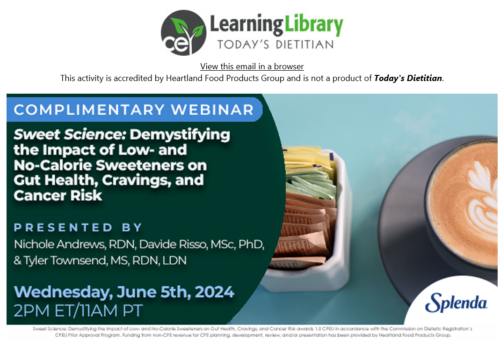Industry-funded study of the week: prunes and osteoporosis
I just ran across this one. The Prune Study? To prove that prunes prevent osteoporosis? Who could possibly be paying for this?
The study: Koltun, K.J., Strock, N.C.A., Weaver, C. et al. Prunes preserve cortical density and estimated strength of the tibia in a 12-month randomized controlled trial in postmenopausal women: The Prune Study. Osteoporos Int 35, 863–875 (2024). https://doi.org/10.1007/s00198-024-07031-6
Method: “evaluate the effects of 50 g and 100 g of prunes vs. a Control group on vBMD, bone geometry, and estimated strength of the radius and tibia via peripheral quantitative computed tomography (pQCT) in postmenopausal women. Women (age 62.1 ± 5.0yrs) were randomized into Control (n = 78), 50 g Prune (n = 79), or 100 g Prune (n = 78) groups.”
Results: “The most notable effects were observed at the 14% diaphyseal tibia in the Pooled (50 g + 100 g) Prune group, in which group × time interactions were observed for cortical vBMD (p = 0.012) and estimated bone strength (SSI; p = 0.024); all of which decreased in the Control vs. no change in the Pooled Prune group from baseline to 12 months/post.”
Conclusion: “Prune consumption for 12 months preserved cortical bone structure and estimated bone strength at the weight-bearing tibia in postmenopausal women.”
Funding: “We thank the California Prune Board (Award Number: 180215) for the funding and prunes.”
Comment: The California Prune Board is working hard on this. I’ve posted at least one previous study on the same theme. I’ve read the Results several times and still am not getting what’s claimed versus ‘no change in the Pooled Prune group from baseline to 12 months/post.'” But even if there is an effect, the question is: compared to what? Do other dried fruits provide similar effects? What about whole fruits? This is a one-food study designed to produce results that can be used in marketing. What’s going on here?
We Work Hand-in-Hand with California’s Prune Growers and Handlers
The California Prune Board (CPB) works to unite California’s diverse prune growers and handlers around activities that benefit the industry today and pave the way for its bright future. As we all know, California Prunes are the best in the world – and CPB serves the industry by helping to drive demand and premium value.
Doing a good job? You decide.


 Comment
Comment
